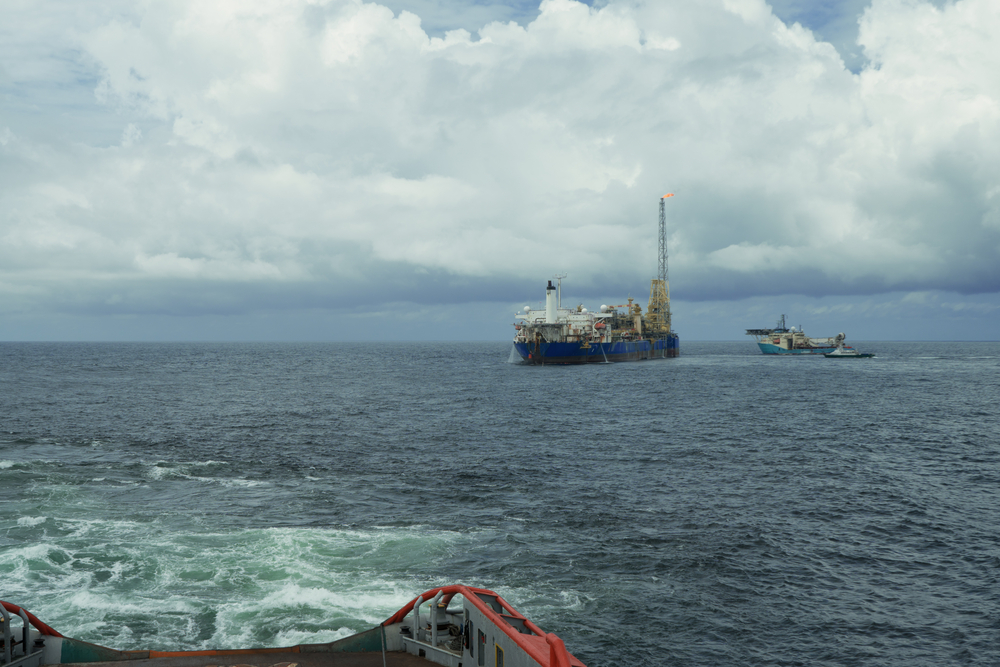Marine operations include various activities, including shipping, logistics, port operations, offshore exploration, and maritime security. These operations generate a vast amount of critical data that needs to be accurately captured, stored, analysed, and shared among various stakeholders.
With technological advancements and the increasing reliance on digital systems, the need for robust management information system becomes even more pressing.
Optimal information management in marine operations involves several key components. Centralised data repositories provide a consolidated view of critical information, enabling real-time access and streamlined communication across different departments and stakeholders.
Integrated systems that combine maritime applications and platforms facilitate efficient data flow, enhancing decision-making capabilities and operational coordination.

How Management Information Systems Work For Ships
Management Information Systems (MIS) for ships refer to the technology, processes, and systems used to collect, store, process, and transmit information related to operation, management, and maintenance. These systems are crucial in optimising the efficiency, safety, and decision-making processes on board.
Here’s an overview of how management information systems work for ships:
Data Collection
Various sensors and instruments installed on the ship collect data from propulsion, navigation, cargo handling, and environmental monitoring. These sensors include GPS, radar, weather, engine, fuel monitoring systems, and more.
Data Storage
The collected data is stored in databases or systems on board the ship. These databases can be onboard servers or cloud-based systems. Data is typically organised in a structured manner for easy retrieval and analysis.
Data Processing
Ship communications employ software applications to process the collected data. These applications can perform various functions, including data filtering, aggregation, analysis, and visualisation. Advanced algorithms may be used to identify patterns, anomalies, and potential issues.
Performance Monitoring
Management information system tracks and monitors various ship communications in real-time, such as fuel consumption, engine performance, speed, weather conditions, and cargo status. This information helps ship operators and crew members make intelligent decisions and take appropriate actions to optimise performance, reduce fuel consumption, and ensure safety.

Advantages of Using Integrated Information Management In Marine Operations
Using an integrated information management system in marine operations offers several advantages, including:
Increased Dock and Coastal Security
management information system enables the monitoring and controlling of various security aspects in dock and coastal areas. By integrating surveillance cameras, access control systems, and other security measures, these systems enhance the ability to detect and reply to potential threats promptly.
They can provide real-time alerts, video surveillance, and access logs, ensuring a secure environment for ships, crew members, and cargo.
Accurate Weather Reports
Integrated information management systems can gather and process weather data from multiple sources, including meteorological agencies, weather buoys, and satellites. The system can generate accurate and timely weather reports specific to ship communication and location by analysing this data.
Accurate weather information is crucial for route planning, avoiding adverse weather conditions, and ensuring the safety of the vessel and its crew.
Reliable Emergency Communications
Integrated information management systems provide reliable and efficient communication channels in emergencies, such as accidents, medical emergencies, or security incidents.
These systems integrate various communication tools, including radios, satellite communications, and emergency beacons, allowing quick and effective communication between the ship, onshore authorities, and emergency response teams. It facilitates swift response and coordination during critical situations.
Balanced Maintenance Schedules
Management information system enables effective ship communication, maintenance planning and scheduling. By integrating data from various onboard sensors and systems, these systems can monitor the condition of equipment and machinery in real time.
This data, historical performance data, and maintenance records help identify maintenance needs and predict potential failures. The system can generate alerts, schedule preventive maintenance tasks, and optimise maintenance schedules, ensuring that maintenance activities are performed efficiently and minimising downtime.
Marine operations benefit from enhanced security, accurate weather information, reliable emergency communications, and optimised maintenance practices.
These advantages contribute to improved operational efficiency, safety, and cost-effectiveness, ultimately enhancing the overall effectiveness of ship operations.
Final Thoughts
An integrated management information system enhances marine operations’ efficiency, safety, and effectiveness. These management systems offer numerous advantages by integrating various data sources, communication tools, and systems.
They contribute to increased dock and coastal security by enabling surveillance, access control, and real-time threat detection.
Accurate weather reports these systems provide aid in route planning and avoiding adverse weather conditions. Reliable emergency communications ensure prompt response and coordination during critical situations, improving safety.
Implementing integrated information management systems in marine operations improves decision-making, resource management, and safety, leading to enhanced performance and cost-effectiveness in the shipping industry.



